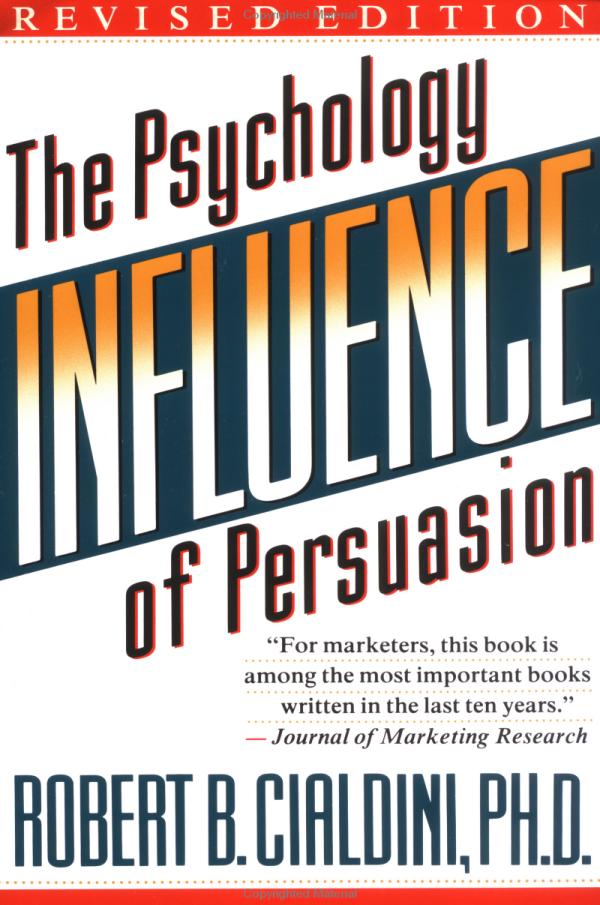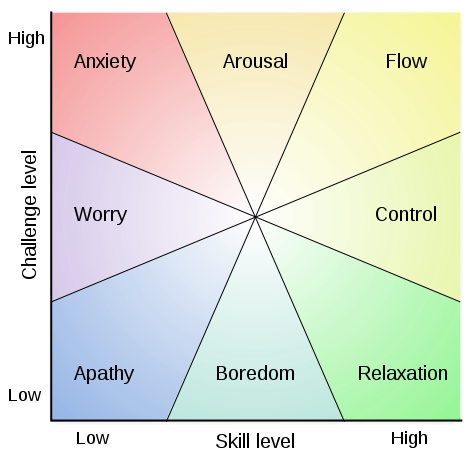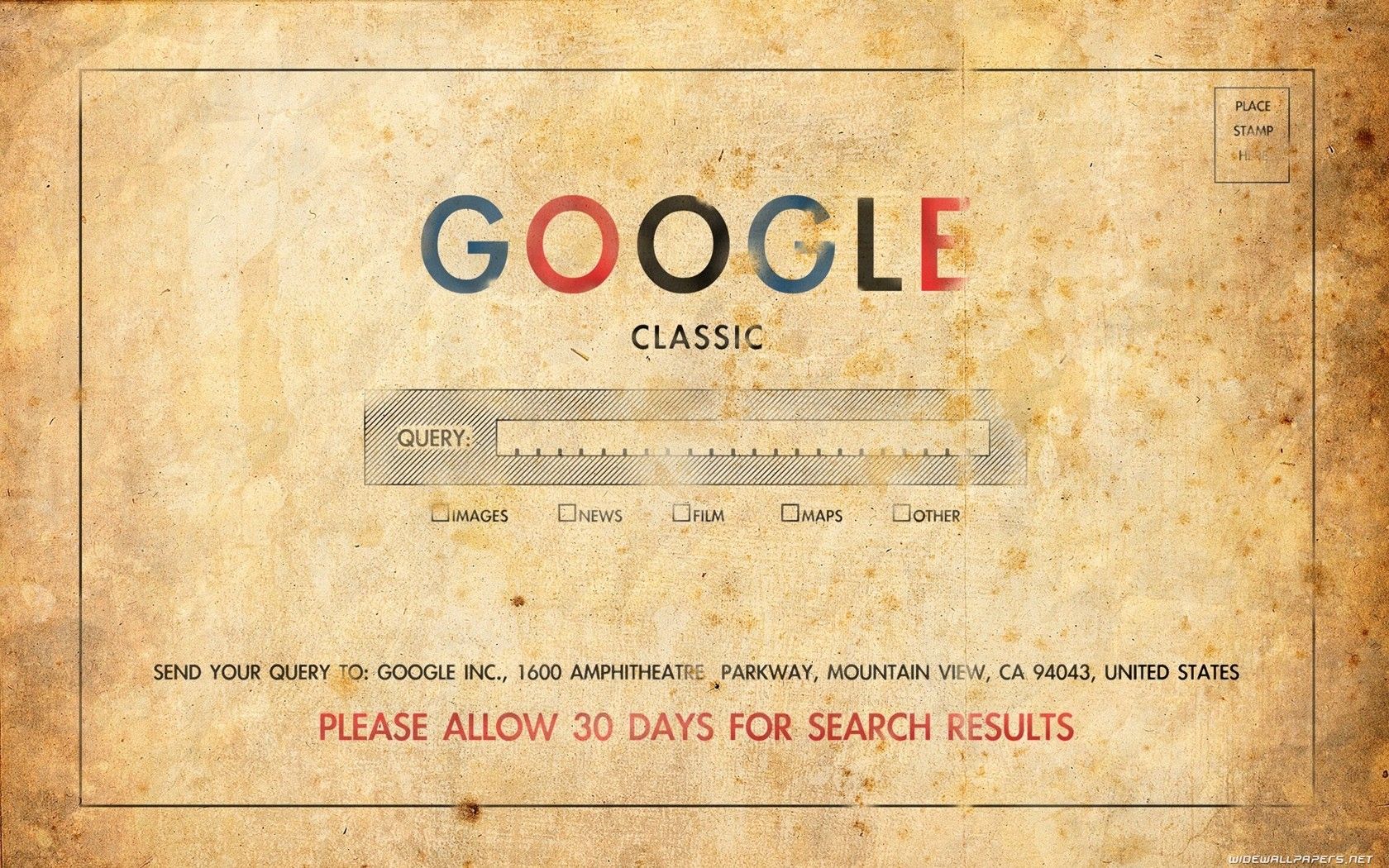Robert Cialdini explains the six ways to influence people – Interview:
. Robert Cialdini Dr. Robert Cialdini is the authority on the study of persuasion. His classic book, "Influence" has sold millions of copies and is widely regarded as the go-to text on the subject. What makes the book so special is it's not just a collection of academic studies on college students. Bob went "undercover" to learn the secrets of used car salesmen, marketing professionals, telemarketers, and others who influence in order to survive. He distilled his findings down to…
7 minutes
Was Mozart a prodigy — or just a hard worker?
unds like heresy to ask "Was Mozart a prodigy?" I know, you're screaming "He was playing for kings when he was 3 and doing concerts in the womb!" Hold on a minute. The real story has a lot less magic and a lot more hard work. Via The Genius in All of Us: New Insights into Genetics, Talent, and IQ: The reality about Mozart turns out to be far more interesting and far less mysterious. His early achievements— while very…
3 minutes
Group flow: How can teams experience “flow” together?
oup flow. It almost seems like a contradiction. Flow is always described as something individuals experience. I've posted research into what top creative companies and creative teams do right but can groups actually experience "Flow"? Flow is the mental state of operation in which a person performing an activity is fully immersed in a feeling of energized focus, full involvement, and enjoyment in the process of the activity… The hallmark of flow is a feeling of spontaneous joy, even rapture, while performing a task although flow is also described… as…
6 minutes
Networking tips for shy people: How should introverts network?
e of the best networking tips for shy people might be simply "Move your desk at work." Via Achieving Success Through Social Capital: Tapping the Hidden Resources in Your Personal and Business Networks: Jeffrey Pfeffer tells a powerful story of a manager who attributes his success to his decision of where to sit. ...After carefully studying the facility layouts, the new director of engineering decided not to occupy his office in the so-called Executive Row. He noted that during the course…
4 minutes
Achieving your dreams: Here’s how a lousy day job can turn you into a great artist.
ur day job is not stopping you from achieving your dreams. It's teaching you everything you need to know. Steven Pressfield's book The War of Art is all about achieving your dreams and accomplishing your creative goals. He takes a very craftsman-like attitude toward becoming great -- and argues this is what is lacking in many struggling creative people. Where does he feel you can learn the most about what it takes to succeed in an artistic profession? Your day job. This idea…
3 minutes
Creative companies: What are the 10 secrets of innovative offices?
What do creative companies do right? Keith Sawyer got his PhD studying under Mihaly Csikszentmihalyi — the researcher who coined the idea of Flow. I've posted about his research on top creative teams and how brainstorming is broken. What did he find when he studied creative companies? 1) Keep Many Irons in the Fire Via Group Genius: The Creative Power of Collaboration: In 1997, Shona Brown of McKinsey and Company, working with Kathleen Eisenhardt of Stanford University’s business school, compared three collaborative organizations…
5 minutes
How to network: 5 methods by top experts
ey say networking is vital but nobody explains how to network How to network is the real question. But first, in case you're a doubter, some quick proof that networking is essential: Research shows networking is essential to staying employed, salary growth and job satisfaction. It makes you more likely to get a job. Via Malcolm Gladwell’s The Tipping Point: How Little Things Can Make a Big Difference: In his classic 1974 study Getting a Job, Granovetter...found that 56 percent of those he talked…
5 minutes
Spend time wisely: How to focus on the things that matter
w Can You Spend Time Wisely? We all wonder where the hours go. There's a good reason for that -- we're absolutely terrible at remembering how we really spend our time. Via What the Most Successful People Do at Work: A Short Guide to Making Over Your Career: Hunting through data from the American Time Use Survey, conducted annually by the Bureau of Labor Statistics, and other time diary projects, I came to the inescapable conclusion that how we think we…
5 minutes







